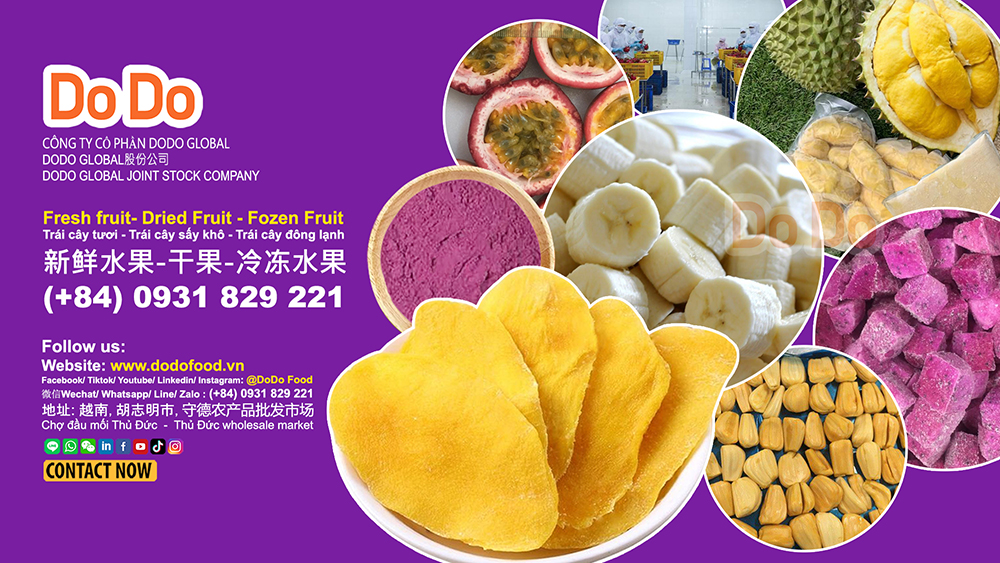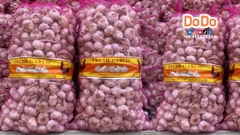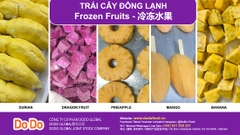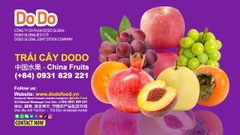
Frozen Fruits and Vegetables Benefits
The benefits of frozen fruits and vegetables are substantial and often surprising to people who believe fresh is always superior.
Here’s a detailed breakdown of their key benefits, supported by modern food science.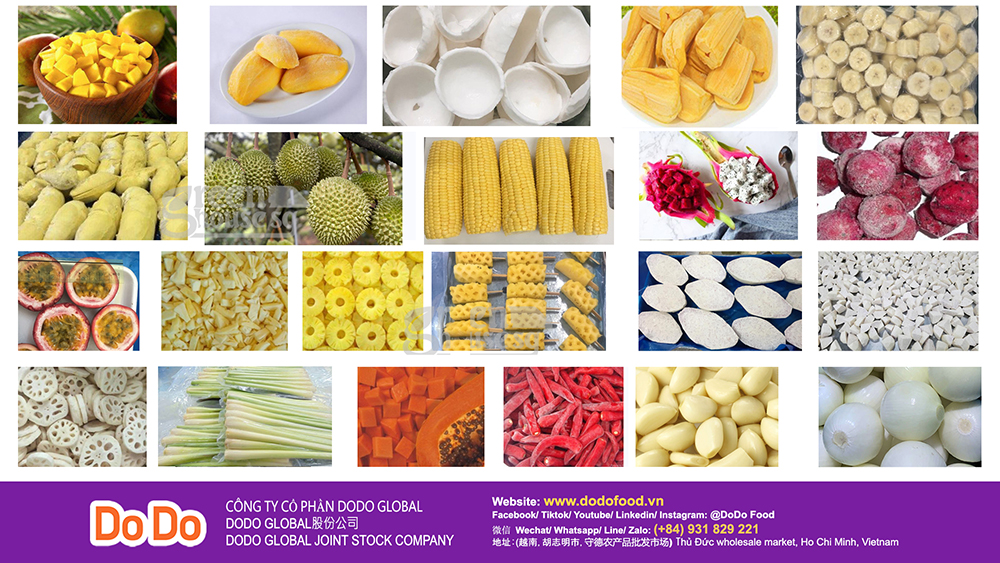
1. Nutritional Superiority (In Many Cases)
This is the most significant and often overlooked benefit.
-
Peak Ripeness & "Flash Freezing": Frozen produce is typically picked at its peak ripeness, when it's most nutrient-dense. It is then blanched (to stop enzyme activity) and flash-frozen within hours of harvest. This process locks in a high percentage of vitamins and antioxidants.
-
Comparison to "Fresh" (Shipped): In contrast, much "fresh" produce is harvested early to survive long-distance shipping and storage. It may ripen artificially during transit, which can result in lower nutrient levels. Water-soluble vitamins like Vitamin C and some B vitamins are particularly vulnerable to degradation during transport and sitting on store shelves.
-
Studies: Research has shown that the vitamin content in frozen fruits and vegetables can be equal to, and sometimes higher than, their fresh counterparts that have been stored for several days.
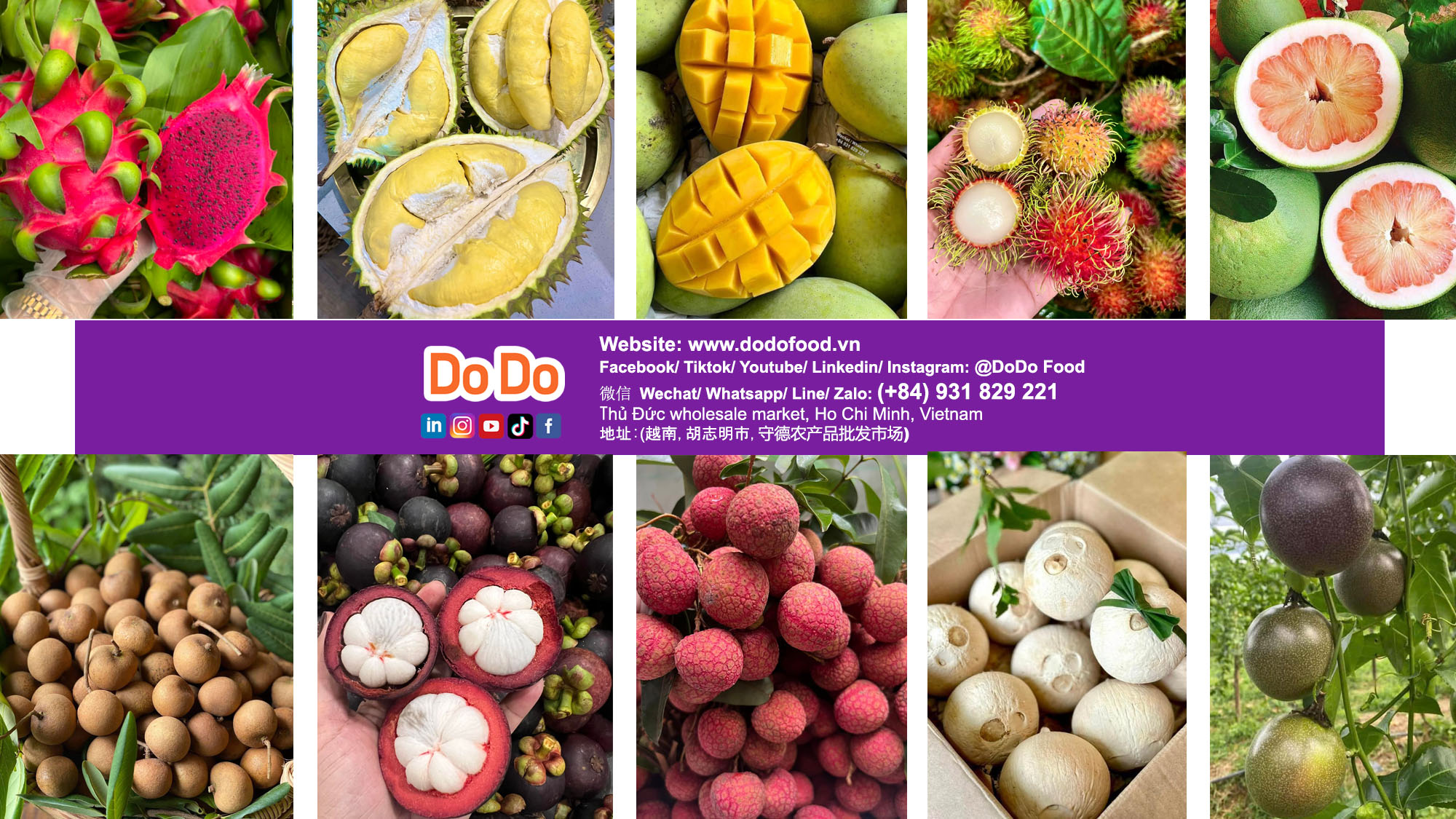
2. Reduced Food Waste
This is a huge practical and economic advantage.
-
Longer Shelf Life: Frozen produce can be stored for months without significant quality loss. You can use exactly what you need and return the rest to the freezer.
-
Less Spoilage: How often have you bought fresh berries or spinach with good intentions, only to find them moldy or wilted a few days later? Frozen options eliminate this problem, saving you money and reducing food waste.
3. Convenience and Versatility
Frozen produce is a modern-day kitchen timesaver.
-
Pre-Prepped: It's often already washed, peeled, chopped, and stemmed (e.g., chopped onions, sliced mangoes, broccoli florets). This drastically reduces meal prep time.
-
Year-Round Availability: You can enjoy your favorite fruits and vegetables regardless of the season. Craving blueberries for a smoothie in December? No problem.
-
Portion Control: It's easy to measure out exactly the amount you need for a recipe or a single serving.
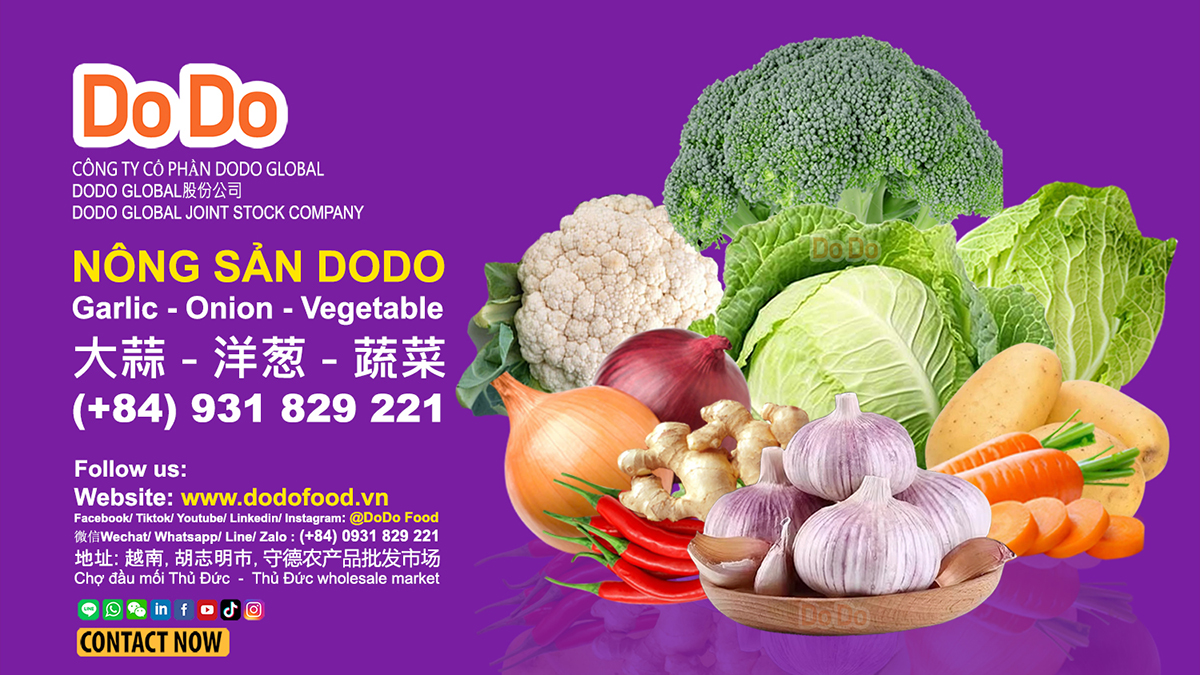
4. Cost-Effectiveness
Frozen produce is often significantly cheaper than fresh, especially when the fruit or vegetable is out of season. Buying frozen can make a nutrient-rich diet more accessible on a budget.
5. Safety
The blanching process before freezing destroys harmful bacteria, making frozen produce generally very safe. It's also a great way to preserve food without artificial preservatives.
Specific Use Cases and Benefits
-
For Smoothies: Frozen fruit is a game-changer. It creates a thick, cold, creamy texture without the need for ice, which can water it down.
-
For Cooking: Frozen vegetables are perfect for soups, stews, casseroles, stir-fries, and sauces where the texture change from freezing is negligible once cooked.
-
For Emergency Preparedness: Having a stock of frozen fruits and vegetables ensures you have access to nutritious food even when you can't get to the store.
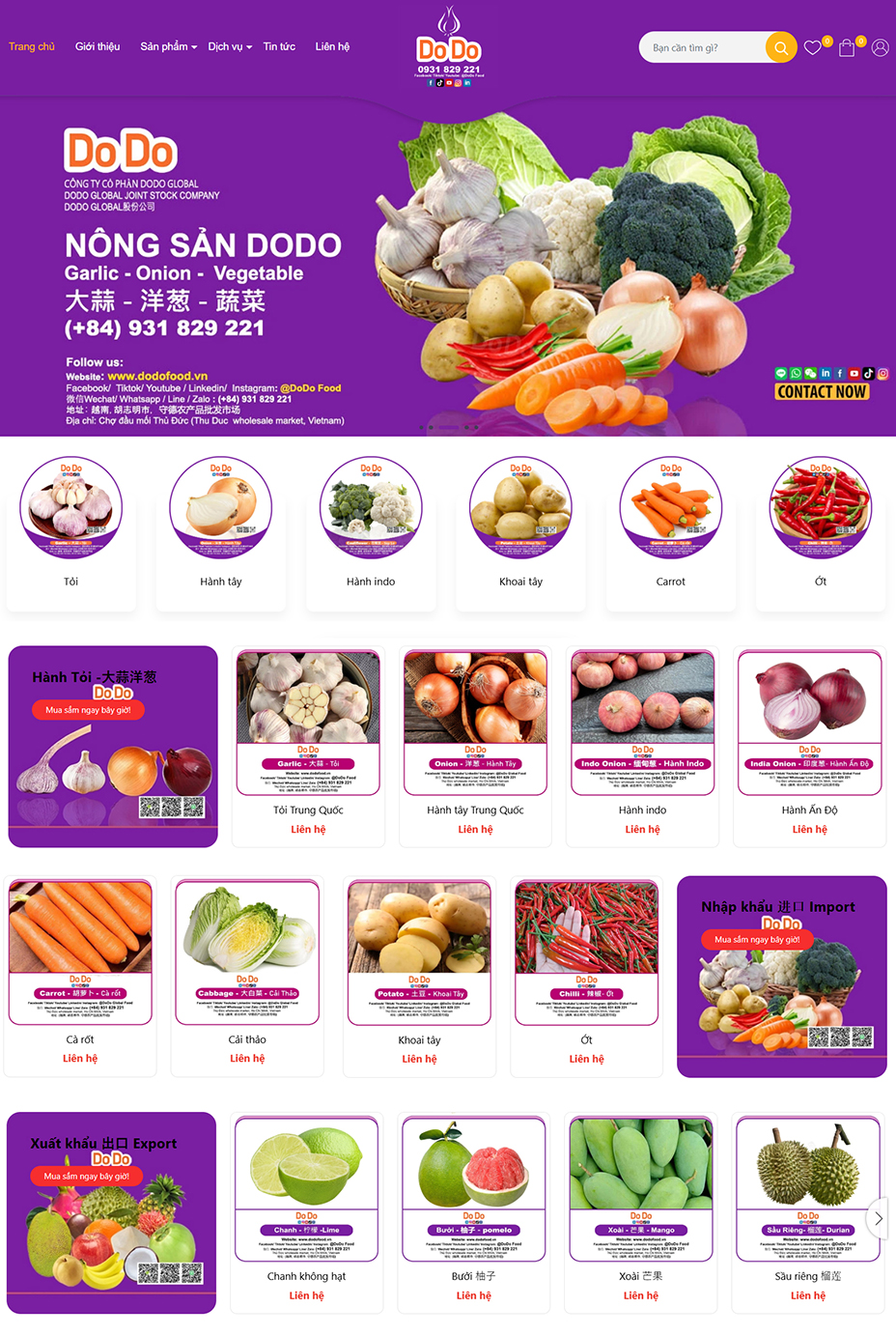
Potential Drawbacks and How to Mitigate Them
-
Texture Changes: Freezing causes water within the cells to expand, breaking down cell walls. This can lead to a softer, sometimes mushy texture upon thawing.
-
Mitigation: Use frozen produce in cooked dishes (soups, smoothies, baked goods) where texture is less critical. Avoid thawing them for salads or fresh eating.
-
-
Added Ingredients: Check the ingredient label!
-
Fruits: Some are packaged with added sugar or syrups. Always choose "Unsweetened" or "100% Fruit" options.
-
Vegetables: A few products (like vegetables in sauces) may have added salt, sugar, or fats. Choose plain, frozen vegetables without any additives.
-
-
Not Suitable for All Dishes: As mentioned, they are not ideal for fresh applications like a green salad or a fruit platter.
Quick Guide: Best Uses for Frozen vs. Fresh
| Use Case | Best Choice | Reason |
|---|---|---|
| Smoothies, Baking, Soups | Frozen | Superior nutrition, cost, convenience; texture is fine. |
| Salads, Fresh Salsas, Crudité | Fresh | Texture and crispness are paramount. |
| Stir-fries, Sautées | Either | Frozen works well if you cook from frozen to avoid sogginess. |
| Off-Season Craving | Frozen | Better flavor, nutrition, and price than out-of-season fresh. |
Conclusion
Frozen fruits and vegetables are not just a convenient backup; they are a nutritious, cost-effective, and waste-reducing staple for a healthy diet. They often outperform "fresh" produce that has traveled long distances in terms of nutrient retention. By understanding their strengths and limitations, you can confidently incorporate them into your cooking and enjoy their many benefits.
If you want to talk business? Contact for business/联系我们/ Liên hệ:
微信Wechat/ Whatsapp/ Line/ Viber/ Kakao talk: +84 0931 829 221
Email: dodofoods.vn@gmail.com
............................
Follow us on:
Website: https: https://dodofood.vn/
Tiktok : https://www.tiktok.com/@dodoglobalfood
YouTube: https://www.youtube.com/@DodoGlobal
Instagram: https://www.instagram.com/dodoglobalfood
Facebook: https://www.facebook.com/DoDoGlobalFood/
LinkedIn: https://www.linkedin.com/company/dodo-food/
